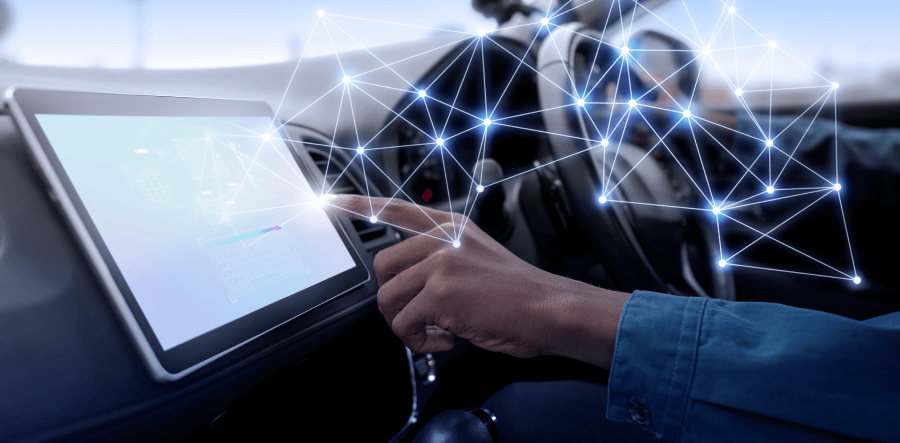AI is everywhere, from the mobile devices in your pocket to the fancy machines that serve you food in restaurants. Yes, there are some restaurants that are experimenting with robots that can serve you food once it’s ready. But it’s not quite here yet. But that’s just one tiny aspect of what the future of autonomous systems is capable of. Have you seen those videos of Tesla cars driving on their own?
Through the clever implementation of AI automation and Machine Learning, autonomous cars are already a reality, and it’s only going to get better from here. Soon, more manufacturers will bring autonomous cars to the public. Not to mention, other industries will soon follow suit and implement their own version of AI to achieve complete automation. Imagine getting your online
purchases delivered to your doorstep via drones. No longer do you need to wait a day or more to get your packages delivered home. Imagine getting food cooked by an automated machine, and we could go on. You know what they say, the sky is the limit.
GE’s John Lizzi recently did an interview with some of the AI leaders where they talked about the challenges of bringing autonomous systems into the real world, which AI applications they are excited about, and more. For those unaware, GE automation, short for General Electric Company, is an American multinational company that develops solutions such as Additive Manufacturing, Renewable Energy, Aviation, and more. They are also among the top contributors to AI, but they are not the only ones.
Caltech Contributions
Caltech’s Center for Autonomous Systems and Technologies has been at the forefront of the research for autonomous systems. In fact, they opened a 10,000 sq. ft. research facility in 2017 with the goal of developing advanced autonomous solutions and promoting interdisciplinary research. Their work has allowed them to develop complex drone technologies, including Neural Lander, Neural Fly, and Neural Swarm. The Neural Swarm, in particular, is an interesting technology where drones can travel in swarms and attack accordingly, just like wasps does.
Humans in the Loop
While the news of autonomous systems sounds great, there’s always going to be a need for human representatives. So, these autonomous technologies always have humans in the loop to ensure there aren’t any risks to humans during their training. Cybersecurity is another area of research in AI. Cybersecurity is a hot topic these days, thanks to a multitude of recent attacks on large corporations, including Yahoo, LinkedIn, Facebook, and more. Reducing IP and public data leaks is crucial to every company, and AI can actually help with that. But we are still quite far away from the reality of a fully autonomous system, whether that’s for the appliances at your home or the city infrastructure itself. Visit Celbridge to learn more about how the future of autonomous systems is shaping.



Hi, this is a comment.
To get started with moderating, editing, and deleting comments, please visit the Comments screen in the dashboard.
Commenter avatars come from Gravatar.